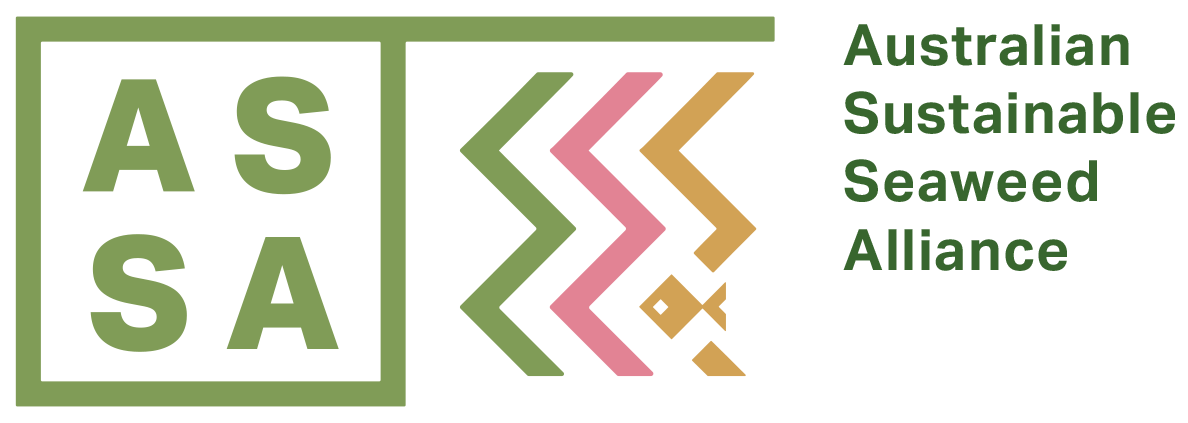Seaweed strategy for CN2030 target
The Western Australian agrifood business Harvest Road is a foundation investor in FutureFeed. And although the company is not a licensee of the technology, Asparagopisis supplements are central to its strategy to make its operations – particularly its beef cattle production – carbon neutral by 2030 (CN30). This is a target that widely adopted across Australia’s red meat sector.
Harvest Road’s recently released Carbon Footprint Report has set priority actions including ‘enteric methane mitigation strategies’ via supplements for feedlot cattle by 2027, and for grazing herds by 2030.
As a vertically integrated business, Harvest Road is developing its own Asparagopsis farming and processing operations. General Manager of Aquaculture Justin Welsh says the company is focused on seaweed product development and implementation but is deliberately cautious in its messaging around when commercial quantities will be available.
“We're just working towards both environmentally and economically sustainable production that we can scale up when we are comfortable with it,” he explains.
The company has a two-tier strategy, looking at both land-based and marine seaweed production, and applying its in-house expertise to develop production systems. It already has a well-established aquaculture division with 40 staff on the team.
Seaweed farming aligns with the capability we are building in aquaculture and some of our marine leases have been approved for seaweed farming, Mr. Welsh says.
“We also have a few land-based facilities in Perth, and a few other smaller facilities up and down the coast. We’re really looking for the best environment we can to produce seaweed in,” Welsh says.
One challenge is to make the supplements cheap enough to be commercially attractive in the supply chain. “It’s only one part of a very large feed complement that cattle need, so the costs need to be reasonable.”
As a nascent industry in Australia Welsh recognises there is some nervousness among the players wanting to protect their IP. “But it also creates a good landscape to discuss challenges and elevate those that could potentially be solved through collaborative efforts.
“I think this is a really exciting industry, and it's one that there's certainly a lot of support for. We're keen to remain a very active part of it.”

